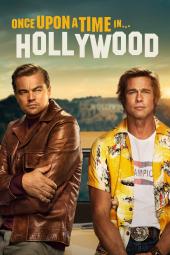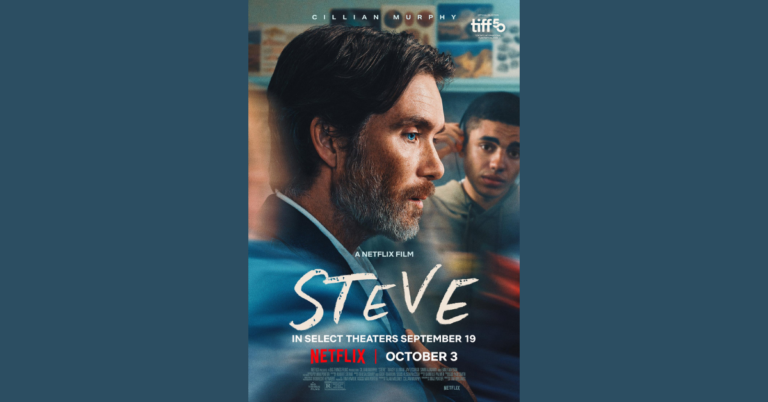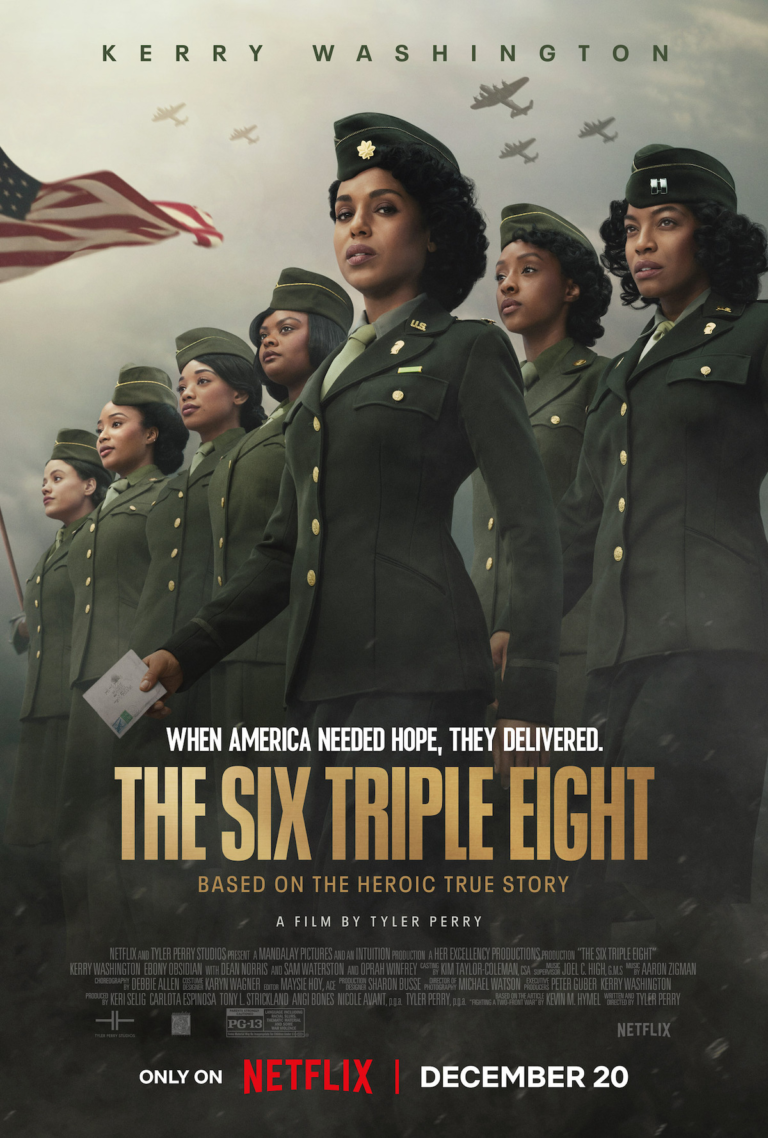Lake George Christian Review

Carrie Coon steps into Lake George like a hurricane disguised as a summer breeze—subtle at first, yet unstoppable by the time you feel its full force. Her portrayal of Phyllis, a woman teetering on the edge of control, spins Jeffrey Reiner’s neo-noir crime comedy into something more profound than its premise suggests. As much a darkly funny meditation on human choices as it is a quirky tale of misdeeds and mishaps, Lake George flirts with moral depth even as it dances along the surface of its genre conventions.
For Christian viewers, the film invites an unusual mix of reactions. There’s laughter here, but it’s tinged with melancholy. There’s irony, but it rarely points upward. Instead, Lake George offers a story soaked in the frailty of human nature, the folly of ambition, and the inevitability of consequences—a cocktail that leaves you wondering not just about the characters but about your own place in the grand, ironic narrative of life.
A Setting That Feels Like Home and Trouble
Lake George, the titular locale, is more than just a backdrop. It’s a mood, a character, a space where idyllic calm is perpetually undercut by undercurrents of tension. The film begins with familiar beats: a seemingly serene small-town atmosphere, characters whose lives intertwine in ways that are both coincidental and fated, and a crime that spirals out of control.
Yet there’s something distinctly off-kilter about the way Reiner crafts this world. It’s not just the crime—it’s the people. These aren’t the polished archetypes we’ve come to expect from the genre. They’re messy, flawed, and deeply human. For a Christian audience, this depiction resonates. The Bible reminds us again and again that appearances can deceive, that the surface rarely tells the whole story. In Lake George, every character hides a bit of truth behind their small-town smiles and weary eyes.
Carrie Coon: The Magnetic Force
Phyllis is the kind of character you can’t look away from, and that’s entirely due to Carrie Coon’s extraordinary performance. She’s sharp-tongued, unpredictable, and a little broken—all qualities that could make her grating in lesser hands. But Coon brings a humanity to Phyllis that makes her fascinating. She’s not just the “victim-to-be,” as some crime stories might label her. She’s a woman who feels real, whose choices—good, bad, and baffling—are grounded in her own peculiar logic.
For Christians, there’s a lesson here about empathy. It’s easy to judge characters like Phyllis, to dismiss her as reckless or selfish. But Coon’s performance forces us to see beyond that. She’s a reminder that every person carries burdens we may not understand, that sin and sorrow often intertwine in ways that defy easy categorization.
A Dance of Humor and Heartbreak
Lake George doesn’t just rely on its plot to keep you engaged; it relies on its tone. The film oscillates between humor and heartbreak with a deftness that’s rare. One moment, you’re laughing at the absurdity of a situation; the next, you’re hit with a pang of sadness as the characters’ deeper struggles come to light.
This balance feels true to life. As Christians, we know that joy and sorrow often coexist. The Bible itself is filled with stories that blend triumph and tragedy, laughter and tears. In Lake George, this interplay serves as a mirror, reflecting the complexity of our own experiences.
Irony and the Human Condition
Irony is the lifeblood of Lake George. The characters are constantly caught in situations that are as ridiculous as they are tragic. Plans go awry, expectations are subverted, and the line between victim and perpetrator blurs.
This irony isn’t just for laughs, though there are plenty of those. It’s also a commentary on the human condition. How often do our best-laid plans crumble under the weight of unforeseen circumstances? How often do we find ourselves ensnared by our own choices? Proverbs 16:9 says, “The heart of man plans his way, but the Lord establishes his steps.” In Lake George, we see this truth played out in ways that are both humorous and sobering.
A World in Miniature
In a media landscape dominated by sprawling crime dramas that take entire seasons to unfold, Lake George feels refreshingly small. It’s a compact story, one that doesn’t try to overextend itself. Yet within its modest scope, it manages to capture a world of emotions and ideas.
This smallness is a virtue. It allows the film to focus on its characters, to delve into their quirks and flaws without being distracted by convoluted subplots. For Christians, this emphasis on the personal feels deeply resonant. The Bible teaches us that God is just as concerned with the individual as He is with the grand narrative of history. In Lake George, the small, seemingly insignificant moments often carry the greatest weight.
Performances That Ground the Chaos
While Carrie Coon shines brightest, the rest of the cast also deserves praise. Shea Whigham brings a steady presence to the film, providing a counterbalance to Coon’s fiery energy. The supporting characters, though less prominent, are given enough depth to feel real.
As Christians, we’re called to see the humanity in everyone, even those who make poor choices. The performances in Lake George help us do that. They remind us that every person is a mix of strengths and weaknesses, virtues and vices.
What Lake George Leaves Us With
By the time the credits roll, Lake George has left you with more questions than answers. It’s not a film that ties everything up neatly. Instead, it invites you to sit with its characters and their choices, to reflect on the ironies of life and the inevitability of consequences.
For Christian viewers, this open-endedness can be both challenging and rewarding. It’s a reminder that life is rarely tidy, that our stories often end in ambiguity rather than resolution. Yet even in this uncertainty, there’s room for grace, for hope, for redemption.
Final Thoughts: A Worthwhile Journey
Lake George isn’t a perfect film, but it doesn’t need to be. Its charm lies in its imperfections, in its willingness to embrace the messiness of life. For Christians, it offers a chance to reflect on themes of sin, folly, and the search for meaning.
Would I recommend it? Absolutely. But approach it with discernment. Like life itself, Lake George is full of contradictions—funny and sad, lighthearted and heavy, predictable yet surprising. It’s a film that will make you think, even as it makes you laugh.
In the end, I’d give it an 8/10. It’s a story worth watching, not because it provides all the answers, but because it asks the right questions. And sometimes, that’s enough.







